Senior pursuing unique post-secondary education to further his academic and athletic skills
Senior Malachi Johnson will be attending a junior college to pursue an academic and athletic track that will hopefully allow him to play Divison I athletics.
February 24, 2017
Senior Malachi Johnson, like many seniors, is going through the process of weighing the advantages and disadvantages of a unique postsecondary education, hoping it will strengthen his academic and athletic skill set.
Johnson began playing football for Benilde-St. Margaret’s his freshman year and looks forward to continuing to play the sport he loves after his high school career. In order to focus on and build his confidence in academic work, Johnson is considering junior colleges to further his education without giving up football.
Johnson has considered going right into a Division I environment, though this option would not allow him to play his freshman year. “South Dakota State is offering me a gray shirt, which means that I have to pay for my first year and I’m on the team, but I’m not on the team at the same time,” Johnson said.
Junior college gives students the opportunity to work on their grades while fine-tuning their athletic skills, which could lead to exposure from Division 1 schools. “For me, the benefit is that if you’re academically challenged, you can go to junior college and they can help you get some exposure and get your grades up,” Johnson said.
Not many athletes are extremely eager to apply or be recruited to junior colleges because they offer some challenges, especially internally. The social aspect can be hard for students since the schools tend to be smaller and focused on athletes training for their next step in life. “The things I’ve heard is that it’s really hard and people lack motivation. They tend to give up easier. When you go, you have to be determined and ready,” Johnson said.
Johnson has been recruited by three different junior colleges from the midwest: Ellsworth, Rochester and North Dakota State College of Science. The obvious benefit of these schools is that he would get to participate in football during his first year at the school. “They’ve all said I would play right away,” Johnson said.
After two years, Johnson would be available to play for larger and more exposed colleges and universities.
Johnson has pointed out advantages to this kind of secondary education option. “These colleges have sent kids right away to big Division I schools. You’re ensured a future in your sport if you can stick with it and endure it,” Johnson said.








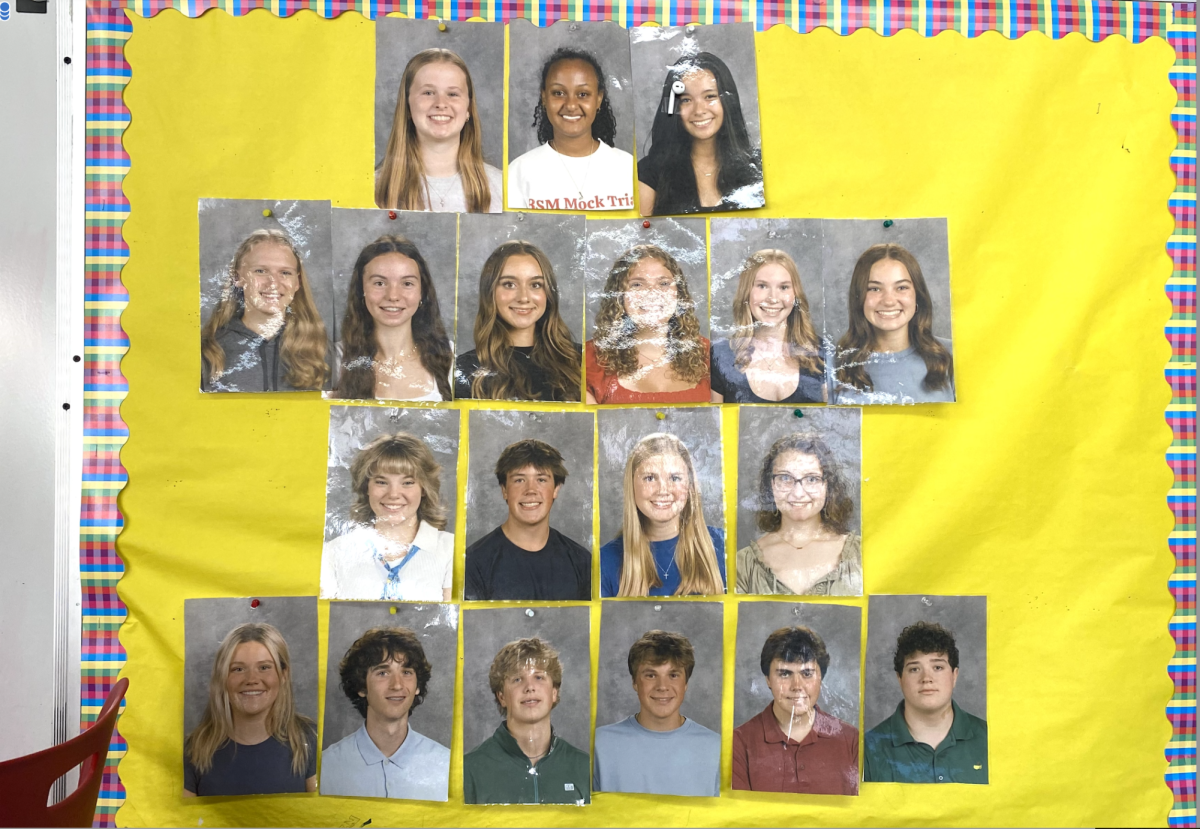
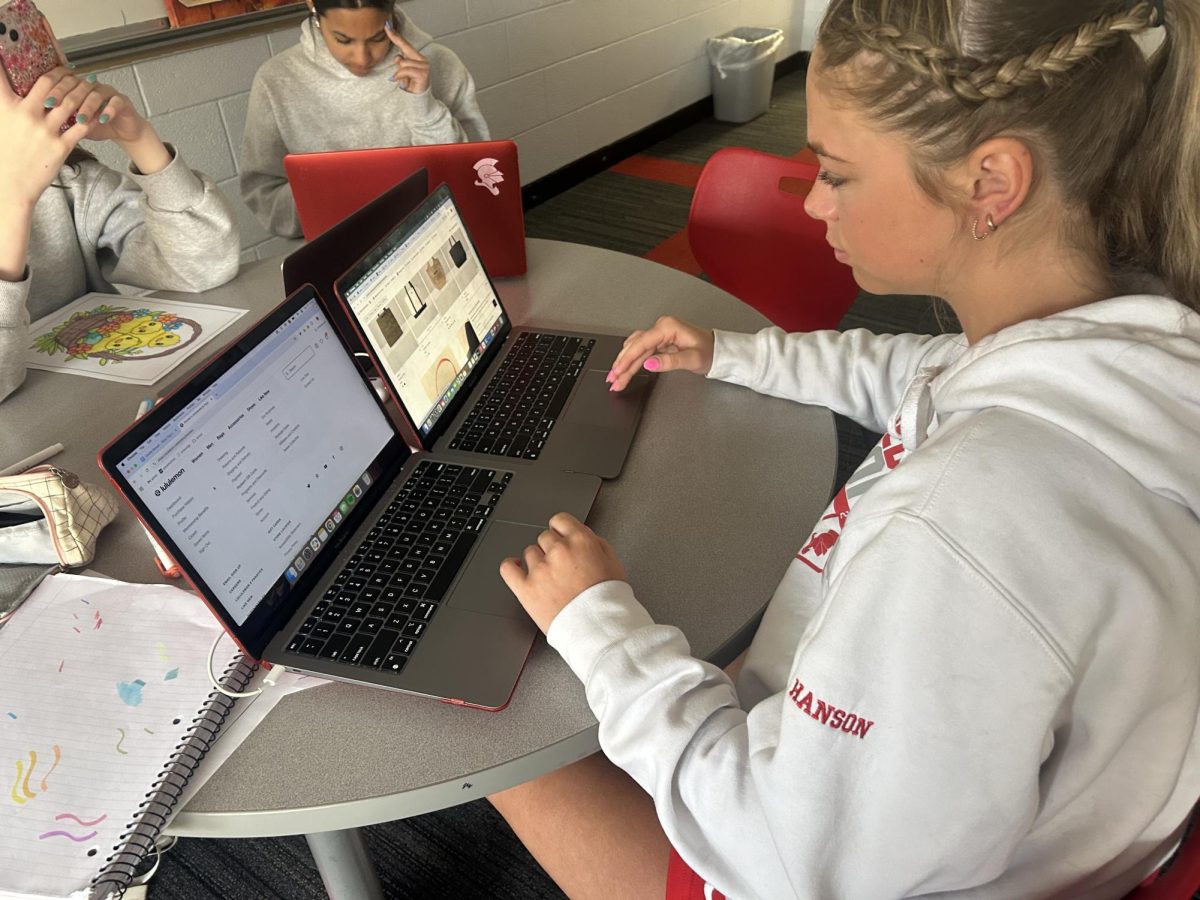
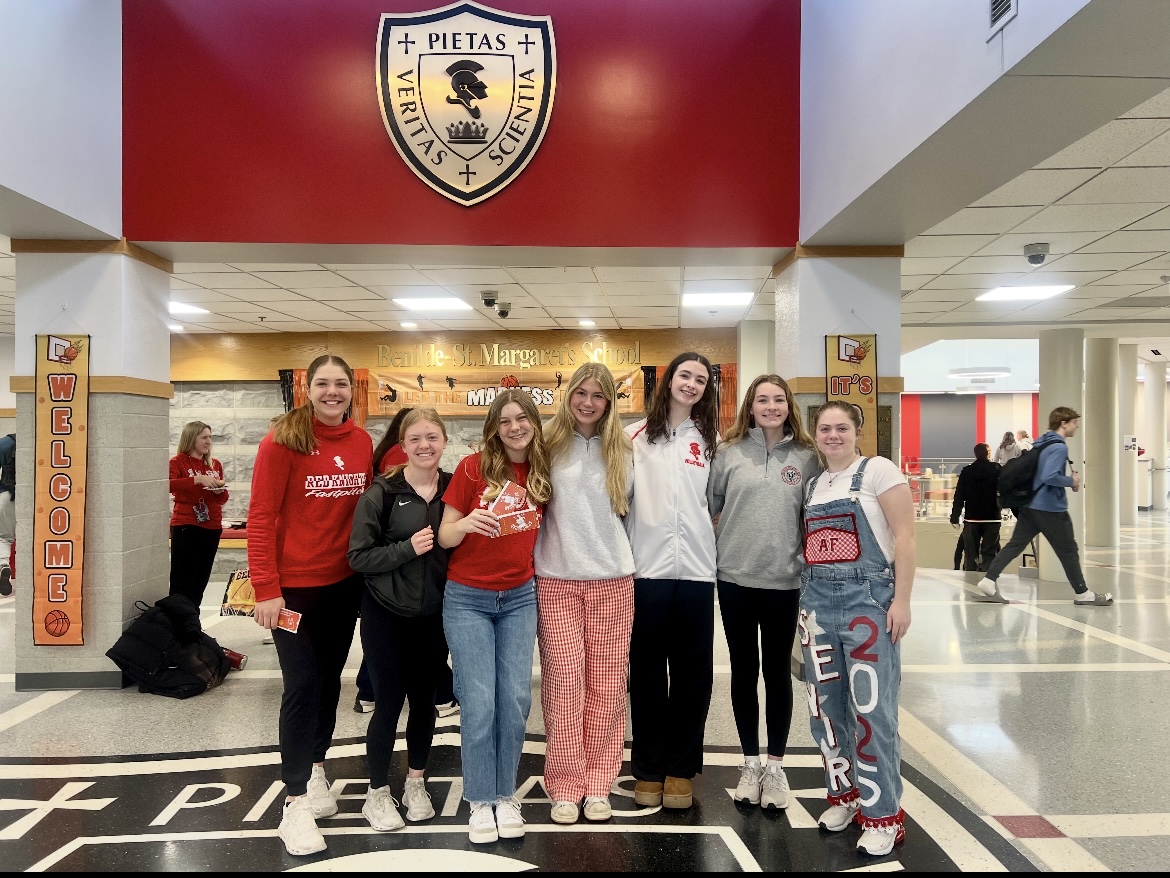













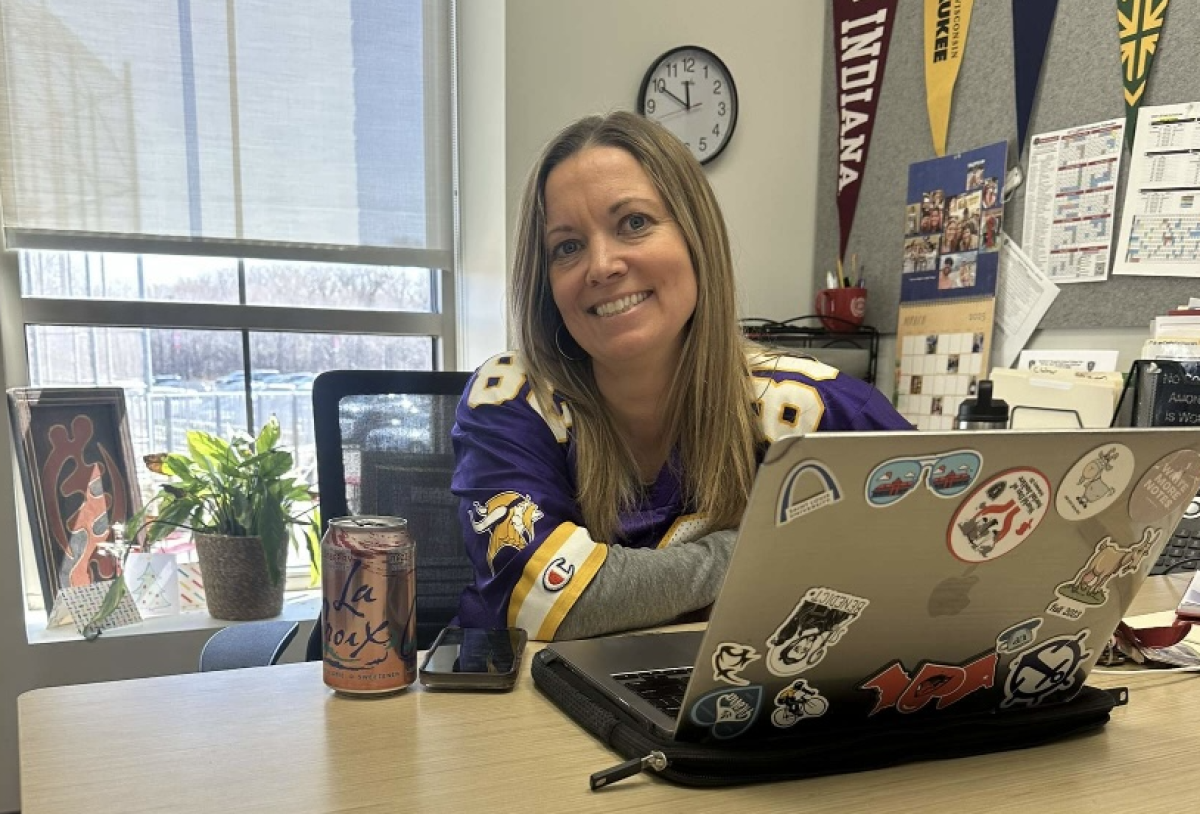











![Teacher Lore: Mr. Hillman [Podcast]](https://bsmknighterrant.org/wp-content/uploads/2025/03/teacherlorelogo-1200x685.png)








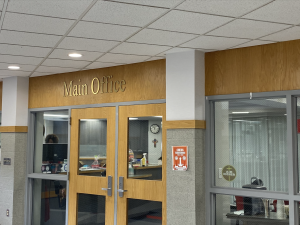
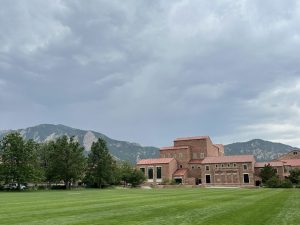




Brendan Sirois • Mar 3, 2017 at 9:16 am
I really like this article because seniors are pressured to enter in to college right away, while there are other cost effective and efficient options that will pay off later on in life. I think that it takes a lot of courage to go to a junior college because it shows how serious and how focused this senior in high school is on his career.